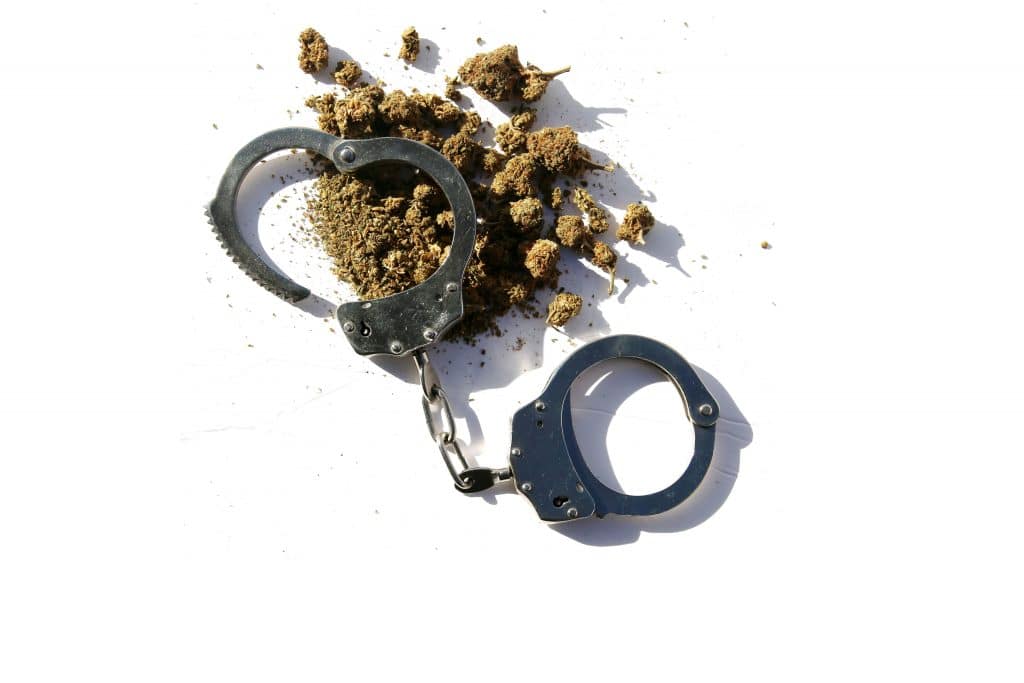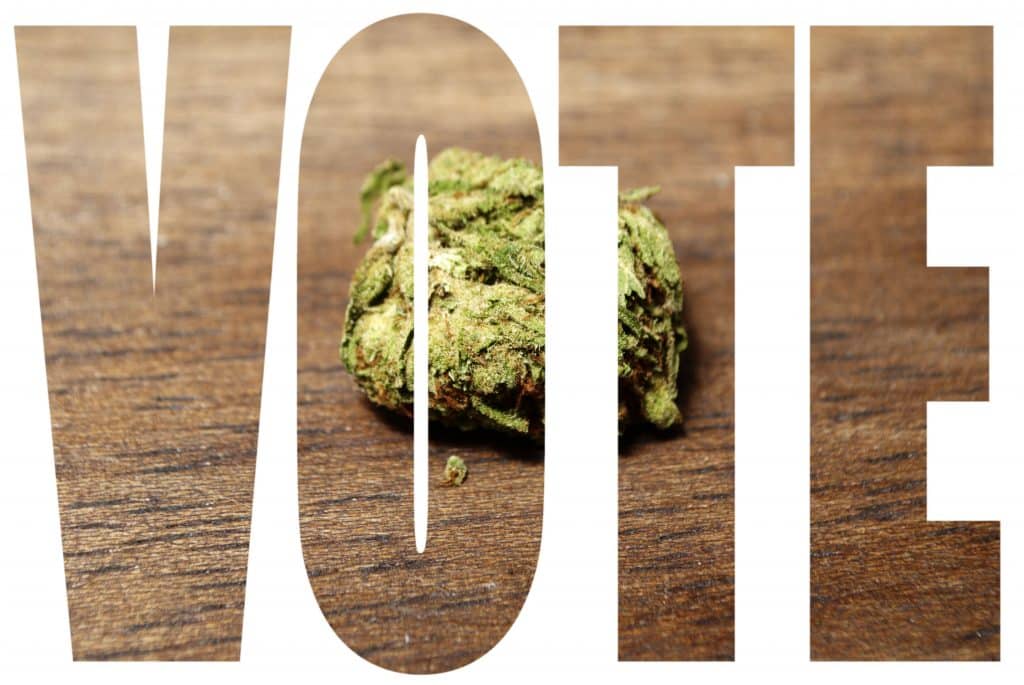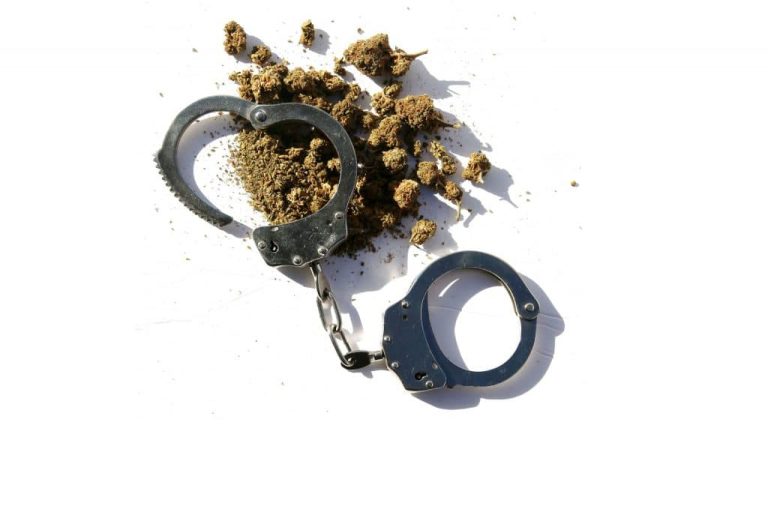Minnesota lawmakers recently passed a bill for adult-use cannabis, and sent it to the governor’s office. The expected signature will make the state the 23rd in America to legalize recreational cannabis. The funny thing? Though this legalization would be full-scale, Minnesota has allowed a weed edible products market, since last year.
News on Minnesota as 23rd adult-use state
According to AP News, on Saturday, May 20th, the Minnesota Senate passed a bill to legalize adult-use cannabis in the state. It wasn’t exactly a sweeping vote. It won 34-32; and was then sent to Governor Tim Walz’s desk, as it had already passed the House earlier. Assuming its signed, the new law will go into effect August 1st of this year.
The new law would allow those 21 and above to use, possess, and cultivate cannabis. The possession limit would be two pounds in a private home, and up to two ounces in public, for dry flower. A person could have up to eight grams of concentrate; and edibles, like gummies, with up to 800mg of THC max.
It would also allow retail sales, though these are expected to start a year or so after the initial legalization begins. Cannabis products would be subject to a 10% sales tax on top of other taxes; and individual locations would have choices like how many dispensaries exist, and where they can be in relation to places like schools.
The bill also includes provisions for those formerly convicted of some marijuana crimes. The state would automatically expunge anyone convicted of a misdemeanor or petty misdemeanor possession charge, via the Bureau of Criminal Apprehension. It’s fully expected to take about a year to finish this. Those convicted of crimes like selling, would need to apply to get their record expunged or their current sentence reduced. This would only apply to non-violent offenses.

As always, and especially in a vote this close, there is both support and opposition to the new law. Said democratic Sen. Lindsey Port in support of the bill: “Minnesotans are ready. Let’s legalize, regulate and expunge.” Countered republican Sen. Jordan Rasmusson: “The fundamental flaw with this bill is that the starting point of it from proponents has been about creating an industry to fit their ideology.”
Wasn’t Minnesota already kind-of legal?
Almost exactly a year ago, on May 22nd of 2022, Minnesota passed a large hemp reform bill. As a part of that bill, the use, possession, manufacture, and sale of hemp-derived THC edibles, is legal. This means products can contain the same THC as standard cannabis products, so long as the THC is sourced from low-THC hemp, and not high-THC marijuana. As this allows for a legal cannabis market within the state, it means Minnesota is technically already a legal state. That law went into effect exactly one year before the current one is slated to: August 1st, 2022.
The allowance isn’t complete, however. It doesn’t allow for smokables of any kind (regular flower or vapes), or anything beyond edibles, topicals, and other minor applications. Its mainly for food and drink products, and requires all THC be sourced from hemp plants. It also sets lower limits than what most states do. The law allows 5mg THC per serving, and 50mg per package. The general standard (though not a law) is 10mg per serving and 100mg per package.
Much like laws for cannabis everywhere else in the US, the Minnesota edibles law includes provisions for childproof packaging; following trademark law; and the necessity for testing for things like heavy metals, molds, pesticides, fertilizers, solvents, etc.
A big reason for the bill came from the state trying to deal with the black market more effectively, including the cannabinoid market. Since cannabinoids are almost always said to be hemp-derived, (as a supposed loophole for their existence), the bill legalizing hemp-derived compounds, also made such products available for the legal market. This in hopes it would get people to buy the legal version. At the time, there seemed to be a lot of hope for the initiative.

Of course, the problem Minnesota encountered, is that simply setting a law, won’t necessarily make anyone follow it. Plus, once consumers are told something is legal, its not for them to figure out if a specific product or store is legal. Minnesota started going after illegal operations within months of passing the bill; unable to control the black market offerings. Much like in fully legal markets, the black market dispensaries are the ones that will sell stronger products, and with more options. And consumers tend to like this.
Minnesota law enforcement found itself going after products with sometimes 50X the allowable THC limit. The government has even specifically targeted certain producers, trying to pin deaths on one, even though no death was actually attributable to any of the products. A kind of strange avenue to go down when the state supports the sale and use of opioids, which do come with the definable death toll of at least 678 deaths in just 2020.
What other states might legalize soon?
Because of its previous year legalization of THC edibles, the new adult-use bill in Minnesota is like taking a second baby step. The state already began allowing THC sales, so it technically is already a legal state. However, when it comes to official counting, it never makes the cut, since it doesn’t have a broad-ranging legalization. This new bill will thrust it over the line into the ‘officially legal’ side, making Minnesota the 23rd state to have an adult-use market.
It follows right behind Delaware, which passed its own adult-use bill in April. Delaware did it pretty quickly. Two bills were introduced in January; one for a direct legalization, and one for regulation. In the beginning of March, both bills passed the House, and then they passed the Senate at the end of the month. They were sent to Governor John Carney mid-April, and went into effect on April 23rd. They were not signed off on, as Governor Carney is not in support of the legislation. On April 21st he announced he would allow both bills to pass through without a veto or his signature.
If this sounds strange, consider that the guy had vetoed a similar bill in May 2022. Which means both the House and Senate passed a legalization measure, sent it to him, and he said ‘no’. Why change tack a year later? According to Carney in his statement about not vetoing the current bill:
“I want to be clear that my views on this issue have not changed. And I understand there are those who share my views who will be disappointed in my decision not to veto this legislation. I came to this decision because I believe we’ve spent far too much time focused on this issue, when Delawareans face more serious and pressing concerns every day. It’s time to move on.”

In terms of states we might see legalize soon, its good to remember that there were a few failed ballot measures in last year’s election. Simply getting the ballot measure approved means getting signatures and support, and this doesn’t usually happen if people are uniformly against something. So, we should continue to watch Arkansas, North Dakota, and South Dakota. South Dakota actually did pass a ballot measure in 2020, which was taken away by the governor and courts. Why it didn’t pass this past November is certainly a head-scratcher; but it does seem the trajectory in the state is for legal weed.
Then, there’s Oklahoma. That state collected enough signatures for a ballot measure, but was then refused the ballot based on unrelated technical issues. Plus, Hawaii, which passed numerous cannabis reform bills in the last few years, just to have them all vetoed by Governor David Ige. In fact, many initiatives lose steam early on because its understood he won’t let them through. Much like Carney, however, Ige did let a decriminalization measure pass in 2019, without a signature. Ige left office at the tail end of last year. And the state is currently working on new legislative measures.
Ohio, Kentucky, New Hampshire, Pennsylvania, and Tennessee, are all passing around legislation for adult-use markets; or have recently, with expectation of new initiatives. Florida is working on a ballot measure for 2024; and even states not ready for adult-use markets, like Nebraska, are at the very least, looking to legalize medical cannabis officially. Texas, also has been making some interesting moves of late on the medical cannabis front, with a possible full medical legalization on the horizon.
Conclusion
Once the bill is signed, and it should be, Minnesota will officially be the 23rd state to legalize adult-use cannabis. Considering this count includes California, New York, and Illinois, with these 23 states, at least half the population will live in weed legal places.
Hello and welcome to the site. Thanks for being with us at Cannadelics.com; a news platform within the cannabis and hallucinogen spaces, geared at providing the best in independent reporting. Visit us regularly to stay on top of everything going on, and sign up to the Cannadelics Weekly Newsletter, so you’re always first to know the news.
